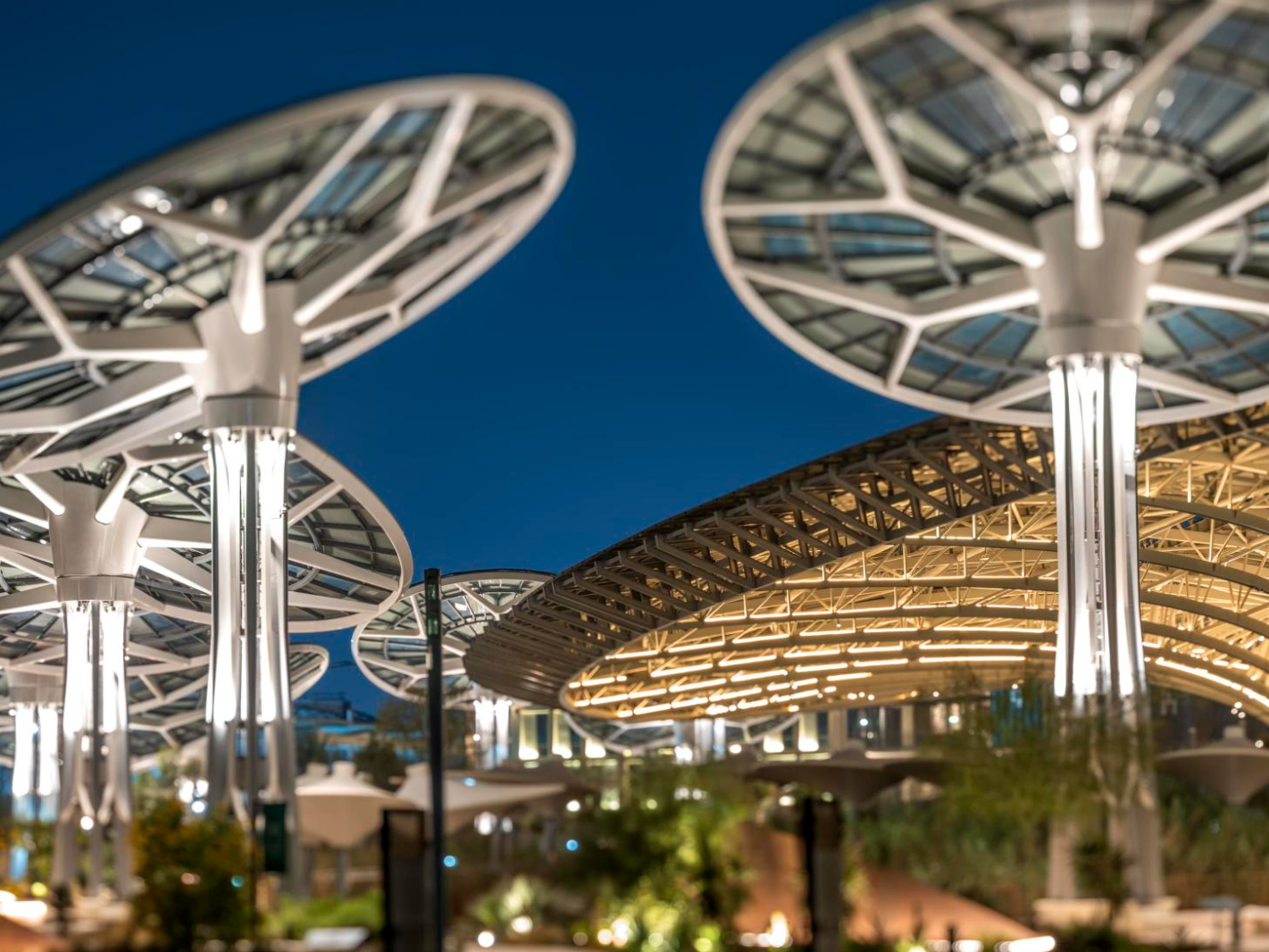As host to this year's U.N. climate summit, United Arab Emirates has a lot riding on the event. So much so that the oil rich Gulf nation wants to limit public discussion of climate change and human rights issues.
That's according to an audio recording of a meeting among UAE officials that was obtained by the Centre for Climate Reporting and shared exclusively with The New York Times, which first reported on it on Friday.







